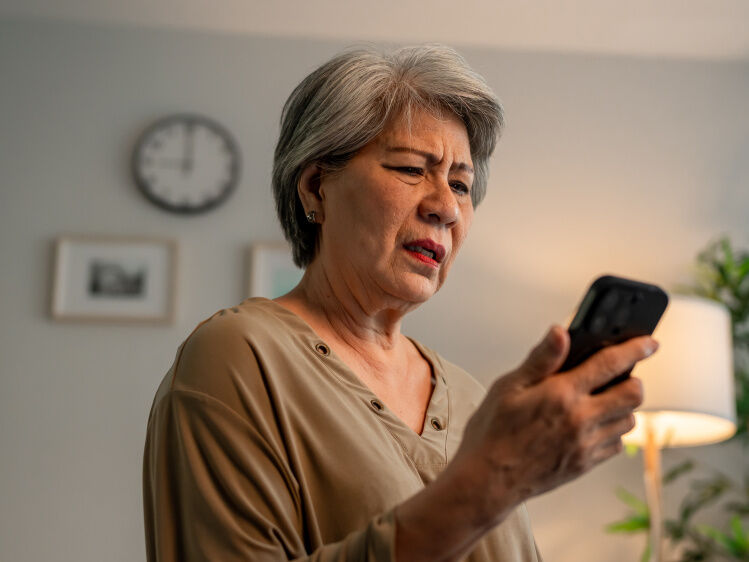Last news

Phone scammers on the rise: The most common schemes right now and how to protect yourself
Your data security is in your hands.
Phone fraud is surging again in Kyrgyzstan — scammers are becoming more inventive, and their calls and messages are reaching hundreds of subscribers every day. They sound convincing, use official-sounding terms, and even pretend to be employees of mobile operators or government agencies.
To stay safe, it’s important to know the most common schemes and follow the golden rule: never share SMS codes with anyone.
1. “Your SIM card is about to expire”
This is the most common scam right now. A subscriber receives a call allegedly from O! and hears: “Your phone number is about to expire.” The caller then asks for an SMS code to “extend the contract.” In reality, the goal is to gain access to your phone number, banking apps, and e-wallets.
Important: mobile service contracts are open-ended. There’s nothing to renew. Personal data can only be updated in person — through the My O! app or at O!Store offices
2. WhatsApp hacks and “messages from friends”
Scammers gain access to someone’s WhatsApp account and then message your contacts asking for money or send suspicious links disguised as “vote for a child in a drawing contest.” If someone clicks, they risk losing access to their account. Weak passwords and no two-step verification make the scam easy to pull off.
How to protect yourself:
· Never share SMS codes;
· Don’t click suspicious links;
· Turn on two-step verification (Settings → Account → Two-step verification);
· If a “friend” messages asking for money — call them directly to confirm.
3. Fake sellers and “70% discounts”
The internet is flooded with fake pages mimicking popular brands — sometimes even with a blue checkmark. Photos are real, prices are tempting, but the money goes straight to the scammers.
How to spot a fake:
· Check the website address carefully;
· Never send money directly; use secure platforms;
· If the seller pressures you to hurry — it’s almost certainly a scam.
4. “Calls from the Ministry of Internal Affairs, Ministry of Finance or NBKR”
One of the scariest schemes: the caller claims “a loan has been taken out in your name” or “your account is under investigation.” They then ask you to transfer money to a “secure account.”
No government agency ever makes calls like this. Hang up and call the official hotline to verify.
What to do if you realize you’ve been scammed:
1. Immediately block your bank cards.
2. Contact your mobile operator and your bank.
3. Change your passwords.
The most vulnerable — parents and grandparents — should be warned in advance. Talk to them about how scammers operate and how easy it is to protect themselves.
Always verify information, never trust unexpected calls from “official services,” and remember: your data security is in your hands.
O! customers can report any suspicious activity to the O! Support Service by calling 707 or via the company’s official channels. Send messages 24/7 to WhatsApp: https://wa.me/996705700700 or Telegram: @o_mobile_operator_bot, via live chat on o.kg, or direct messages on Facebook, Instagram, Theads, Odnoklassniki, VKontakte, YouTube or Twitter.
KR SCITC SCA Licenses: NUR Telecom LLC: #16-0062-КР, #16-0063-КР dd. 06.12.2016.

O! opens free access to My O! in roaming

The wait is almost over! New iPhone 17 models are coming soon to O!Store

How your phone number can become your personal brand

A streaming service with the soul of Central Asia: RizaNova on O!TV. Try it for free!

I wasn’t planning to change anything… but then I saw it
All news